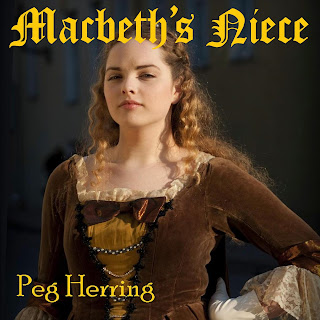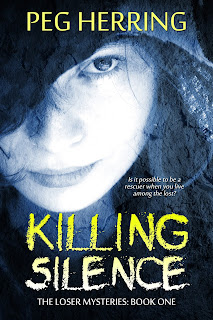Parents Reading Poems

...and reciting. My mother was a great reader of poems, and she always had a book of them nearby. A Child's Garden of Verses was one of my favorites, but there were many more, and as we grew older, the poems grew more complicated: Poe, Whittier, Masters, and Dickinson. Later she discovered Shel Silverstein, and she read his work to her kids at school, unaware that some of them were banned for promoting cannibalism ("Someone Ate the Baby") or other silly non-reasons. My dad was a reciter of poems, and he had a million of them. They were generally less literary than mom's, and from time to time he got scolded for choosing ones with words like poop in them or topics we were too young to understand, like marital infidelity. (No, I didn't get it, but I liked the fact that Mom was afraid I might.) They made me a life-long lover of poetry, and I actually use poetry to calm myself down. If I can't sleep, I recite some of the two-dozen or so long poems I memori





